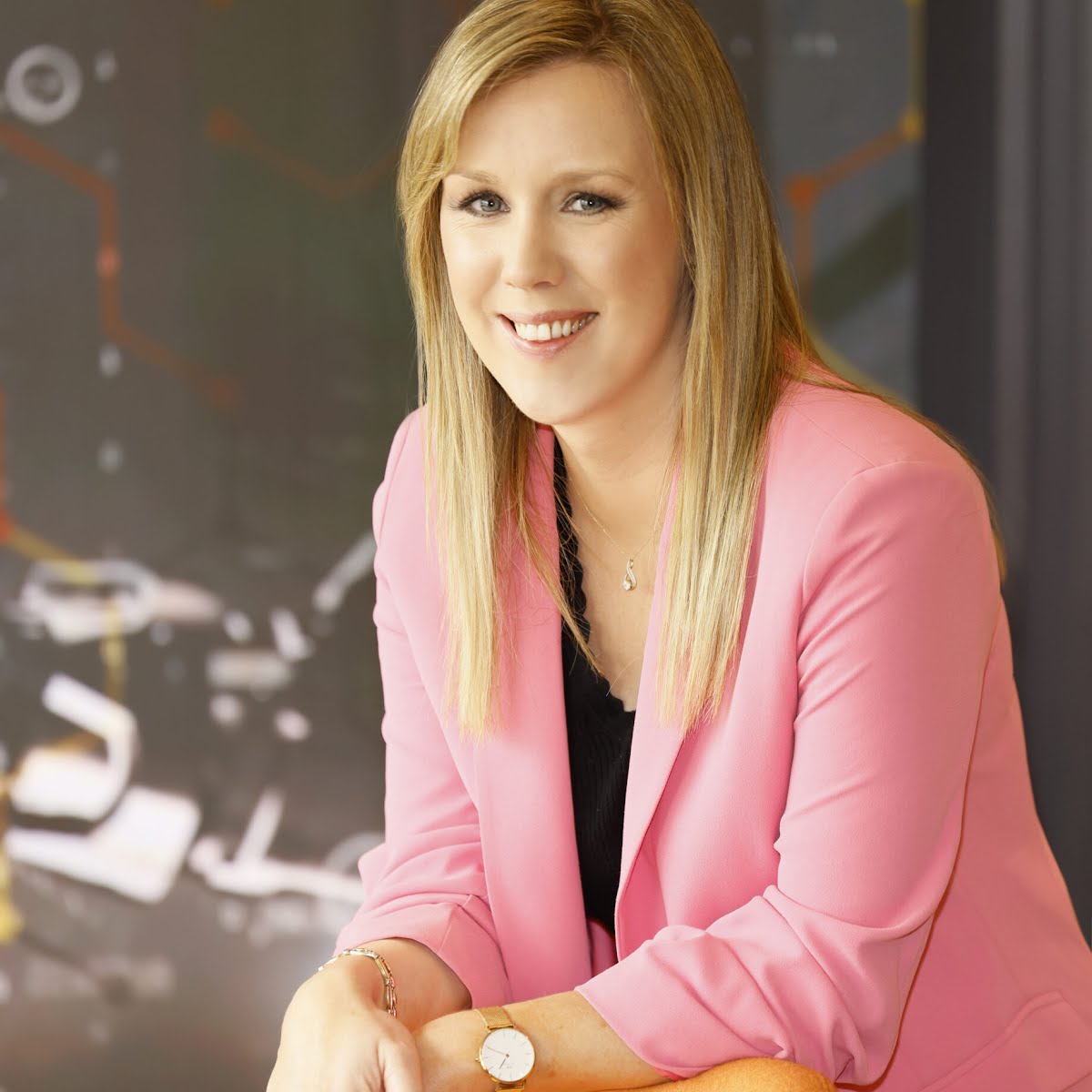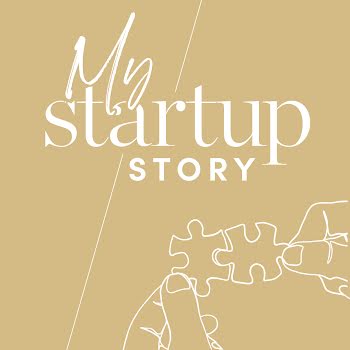
From networking to setting work boundaries, a risk professional shares her career advice


Louise Campion, Director in Risk Assurance at PwC explains how technology and expertise combine to not only mitigate risk, but also to foresee opportunity. Plus, she shares her own personal tips for success.
When we hear the word “risk”, many of us will inherently think of its negative connotations. We think of danger, of the potential for problems to arise. However, as Louise Campion, Director in Risk Assurance at PwC knows, risk is something that’s built into business, and with the right direction can be harnessed into opportunities.
“I work with clients to identify risks earlier and faster to ensure they minimise disruption to their organisation and are more resilient going forward,” she explains. “I also assist them in managing risks, exploring every angle to turn threats into competitive advantage to deliver results aligned to their strategy.”
She has been with PwC for over 12 years, initially joining as part of their banking team in the audit practice, but moving over to risk assurance services. She loves how she gets the opportunity to work across different industries from financial services to public sector, and across topics including enterprise risk management, operational risk, outsourcing, business continuity and resilience, as well as various regulations across different sectors.
In the past, Louise explains, risk professionals tended to come from an accounting background, and while she herself is a qualified accountant, there’s now a really broad range of skills required for the role. “There are the technical skills that you need to keep up to date with industry trends and new and emerging regulations, and we’re also seeing a trend towards more specialists in areas such as cybersecurity, IT resilience, outsourcing, and climate change.”
She also points out that soft skills are hugely important for working within teams internally, and with clients. “Today’s business environment is more complex than ever before.Risk professionals need to be able to understand what’s happening in the organisation, analyse the data and tell the story it contains as well as be agile, as everything is changing constantly.”
The ability to sift through data and see real-world solutions is only becoming more important as the use of technology increases and the amount of data available grows. “We’re living in a world where technology is really advanced,” Louise says. “Changes are happening at a faster pace than ever. It brings some challenges and risks for organisations, but it also benefits as well. Technology is being used to have a more forward-looking, and data-driven approach, helping organisations predict what’s coming down the line.”
This aids in taking a more proactive approach to risk management, making changes before they are necessary. What’s key, she says, is a “human-led, tech-enabled approach – it helps businesses make informed risk-based decisions in order to create business opportunities”.






















